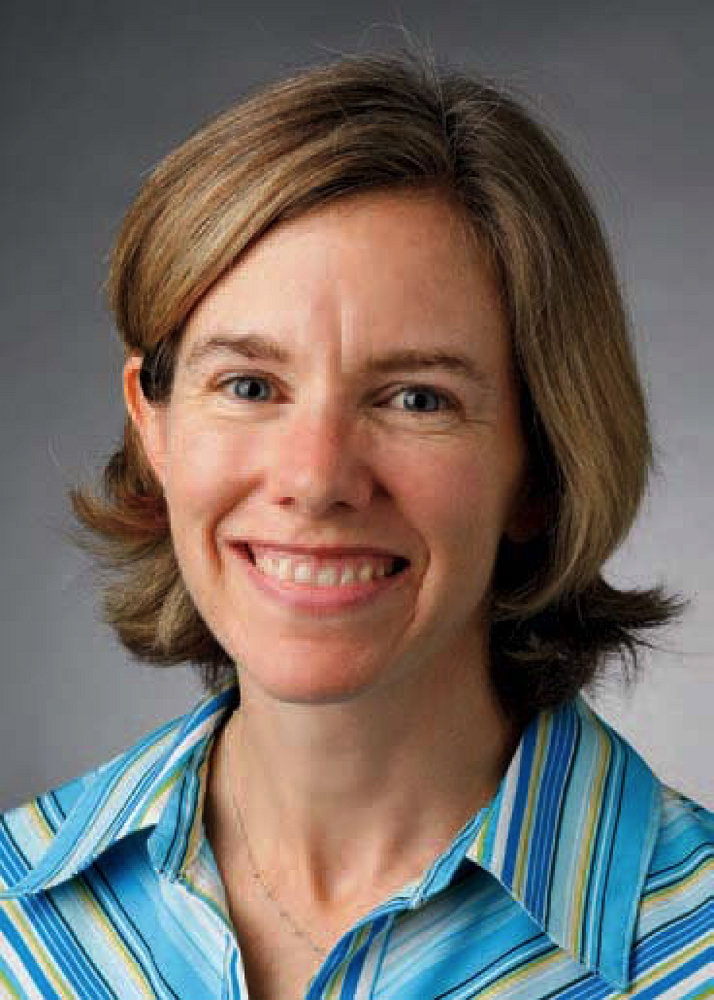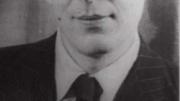
Sarah E. Igo
Photograph by Steve Green
Facebook’s recent admission that tens of millions of users’ personal information had been repurposed for political ends dramatizes concerns about digital-era privacy. But long before the Internet, “privacy was the language of choice for addressing the ways that U.S. citizens were—progressively and, some would say, relentlessly—rendered knowable by virtue of living in a modern industrial society,” writes Sarah E. Igo ’91, in The Known Citizen: A History of Privacy in Modern America (Harvard, $35). Igo, associate professor of history (and of political science and sociology and law) at Vanderbilt, uses all those disciplines in a sweeping overview that manages, fortuitously, to be especially timely and engagingly written, as the introduction, excerpted here, attests.
In a sardonic poem of 1940, composed just after his migration to the United States from Great Britain, W. H. Auden memorialized an “Unknown Citizen.” Written in the form of an epitaph for an “unknown” and yet all-too-knowable citizen, the poem offers a capsule biography of an unnamed individual from the point of view of the social agencies charged with tracking and ordering his affairs. The citizen…is identified by a string of code similar to a U.S. Social Security number…and his life amounts to a compendium of details gleaned by employers, hospitals, schools, psychologists, market researchers, insurers, journalists, and state bureaus. The poem’s final lines point simultaneously to the hubris and the limits of society’s knowledge of this man. “Was he free? Was he happy? The question is absurd: Had anything been wrong, we should certainly have heard.”
If seldom as eloquently as Auden, contemporary Americans raised similar questions about those who sought to know them, whether for the purpose of governance or profit, security or convenience, social welfare, or scholarly research. Indeed, the proper threshold for “knowing” a citizen in a democratic, capitalist nation would become in the twentieth century one of Americans’ most enduring debates. How much should a society be able to glean about the lives of its own members, and how much of oneself should one willingly reveal? What aspects of a person were worth knowing—and to whom—and which parts were truly one’s own? Where and when could an individual’s privacy be guaranteed? As the century advanced, the questions became more insistent. Were private spaces and thoughts, undiscovered by others, even possible under the conditions of modern life? What would an ever more knowing society mean for the people caught in its net—and for the individual liberties that Americans supposedly prized? To wit: Could known citizens be happy? Were they, in fact, free?
This book borrows the poet’s questions to pry open the contentious career of privacy in the modern United States.









